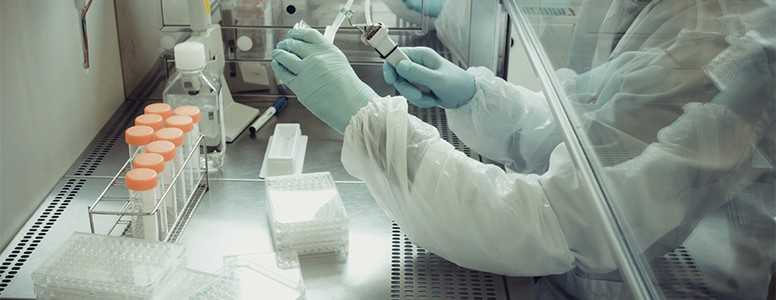An eye injection which could help treat diabetic retinopathy is set to be reviewed by America’s drug regulator, it has been announced.
The US Food and Drug Administration (FDA) will now review results from clinical trials involving the Eylea (aflibercept) injection.
Eylea has had positive outcomes for people with moderate to severe diabetic retinopathy, the leading cause of sight loss among people with diabetes.
In 2015 it was granted NICE approval for treating diabetic macular edema (DME) following successful results from two phase II studies – VISTA and VIVID. These studies showed Eylea improved clarity of vision among participants compared to laser treatment, which is the first line of treatment for patients with DME.
The FDA has already approved Eylea for treating diabetic retinopathy in people with DME. This new application could lead to Eylea being recommended for treating diabetic retinopathy in people with diabetes without DME.
Retinopathy develops when the eye’s retina becomes damaged, and can develop as a result of uncontrolled blood sugar levels over a long period of time. Maintaining healthy blood glucose levels is therefore important for people with diabetes to reduce their retinopathy risk.
The FDA will review six-month results from the PANORAMA study, which investigated Eylea as a treatment for patients with moderately severe to severe non-proliferative diabetic retinopathy (NPDR) without DME.
Eylea works via people receiving a single 2mg injection every month for five consecutive months, followed by one injection every two months.
The FDA’s decision about whether the shots are safe to use to treat diabetic retinopathy is expected to be made in the spring.
What's new on the forum? ⭐️
Get our free newsletters
Stay up to date with the latest news, research and breakthroughs.








